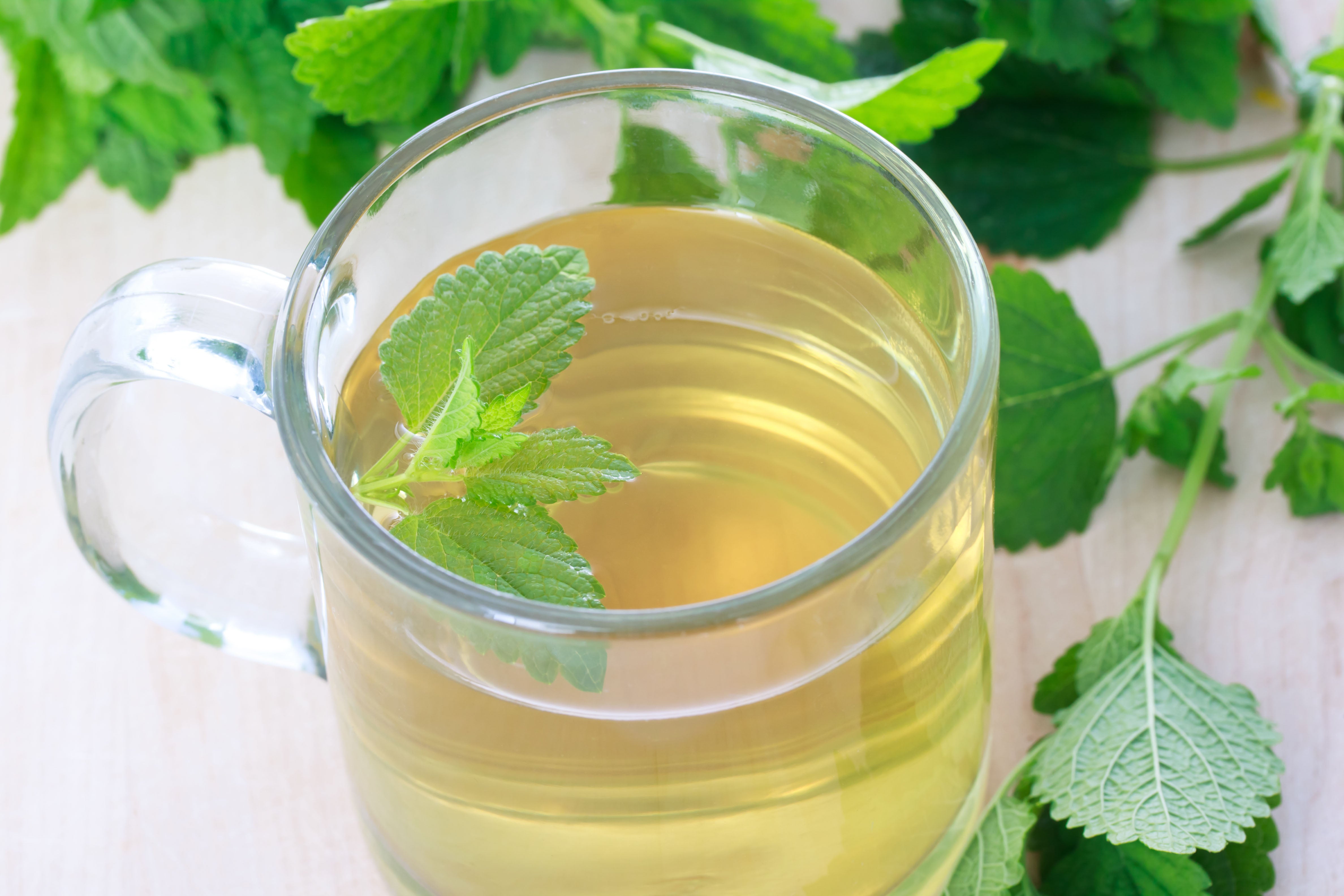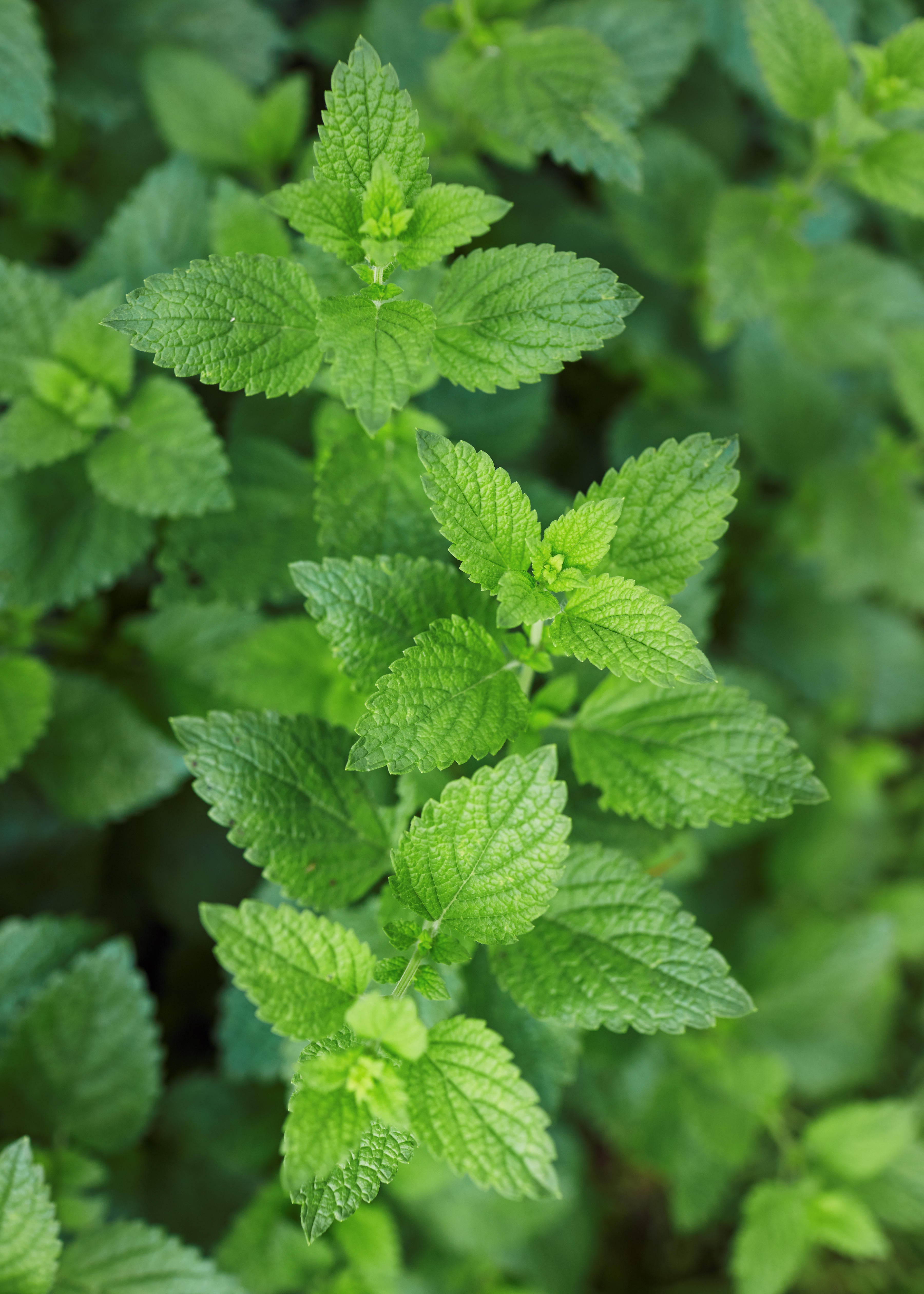
Support truly
independent journalism
Our mission is to deliver unbiased, fact-based reporting that holds power to account and exposes the truth.
Whether $5 or $50, every contribution counts.
Support us to deliver journalism without an agenda.

Louise Thomas
Editor
Summer may be a time for elderflower, lime and mint cordials, but you could also refresh yourself with a myriad of herbal teas.
Many are easy to grow, from different varieties of mint to chamomile and lemon balm, and come at a fraction of the cost of shop-bought varieties.
Chamomile
Celebrated for its calming properties, it’s best to grow Roman chamomile (Chamaemelum nobile), which is the one known for its usefulness in the kitchen.
How to grow: Chamomile is easy to grow, but you may be better off starting with a small plant rather than seeds, as you won’t need an awful lot of it. It needs a well-drained soil in full sun, and can also be grown in a container. Chamomile is low growing, producing apple-scented, sweet-smelling white daisy flowers, which you can dry and crush to steep in hot water for a calming cuppa.
Mint

Mint is so easy to grow, but is probably best confined to a container as it’s invasive and can quickly take over your planting area. Some of the 120 species, cultivars and hybrids are better for tea than others.
Herb expert Jekka McVicar, author of 100 Herbs To Grow, recommends Moroccan mint (Mentha spicata var. crispa ‘Moroccan’) and Swiss mint (Mentha x piperita f. citrata ‘Swiss Ricola’) for teas.
How to grow: Buy young plants from herb farms, nurseries or garden centres in late spring and early summer. Mint needs planting in rich, moist, well-drained soil with plenty of added organic matter in sun or partial shade. Keep it well watered and be aware that the leaves taste better before the plant flowers. Steep the leaves in hot water for a refreshing tea which can aid digestion.
Lemon verbena
Lemon verbena isn’t just an ornamental plant with vibrant foliage and intense lemon scent. According to British Garden Centres, it contains uplifting essential oils that de-stress and relax, along with potential antiviral and antifungal properties. It’s a popular digestive aid with a light, citrusy flavour that translates beautifully into a cup of tea.
How to grow: Invest in a young plant in a pot at least 30cm-wide with free-draining compost and position it in full sun, increasing the watering during hot spells, but never let it get waterlogged. If you buy it in late spring, don’t put it outside until June because a late frost will take it. Being a half-hardy deciduous shrub, it will need protection when the temperature dips. You can harvest the leaves throughout the growing season. For an even more intense citrus punch, dry the leaves before steeping them in hot water.
Lemon balm

This is mint’s cousin and it is also invasive, so again, probably better in a pot if you don’t want it to take over, but it is hugely fragrant and is a magnet for bees. It was popular in Elizabethan times for use in salads and as a tea, and is known to help relieve anxiety and stress.
How to grow: Lemon balm is really easy to grow and tolerant of most soils and locations, although it favours a sunny spot and a rich, moist compost. To keep the leaves going, cut them back before flowering finishes, or you will end up with a woody plant. Snip the leaves and add them to hot water for a zesty tea.
The RHS advises people to use about five fresh mint or lemon balm leaves or a sprig or two of herbs with smaller leaves for a small teapot.
Put them on kitchen paper and crush them gently, which will help release the flavour before putting them in the pot. Leave them to steep for around 10 minutes, or until the strength suits your palate and then pour the liquid into your cup through a strainer.







